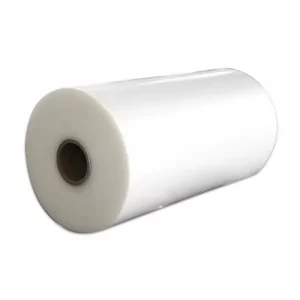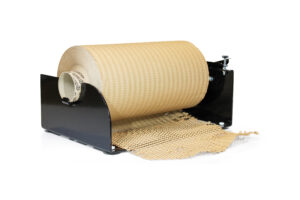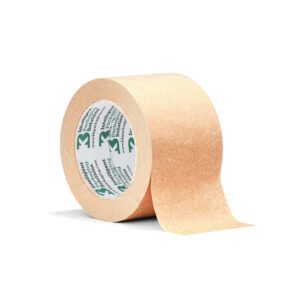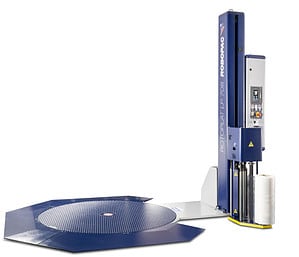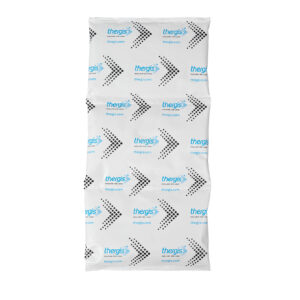Extended Producer Responsibility
Extended Producer Responsibility (EPR) is replacing the Producer Responsibility Packaging regulation, which was put in place in 1997, a regulation that was created to increase recycling rates. Which, within 25 years, it did cause a recycling increase of around 70%, with cardboard (corrugated) and paper packaging rates even higher than this, coming in at around a 84% recycle rate.
With businesses, consumers and the government becoming increasingly more conscious of the damage packaging waste has on the environment, plastic packaging has been at the forefront of the scrutiny, the Plastic Packaging Tax (PPT) was the first step to address this.
The EPR scheme has a significant increase on the responsibility businesses have regarding the impact of their packaging on the environment. Businesses will contribute to costs of the collection, sorting and recycling process, of the packaging they put into the market.

What is the goal of the Extended Producer Responsibility Scheme?
The EPR scheme has been put in place to incentivise businesses to source more sustainable packaging options. Creating a more circular economy and increase recycling rates. EPR is in place to work as a financial incentive for businesses to use materials that are recyclable – encouraging the use of recycled content in the packaging.
The scheme means that businesses may need to;
- Report packaging data
- Pay fees
- Purchase packaging waste recovery notes
- Demonstrate amount of packaging that has been recycled
- Businesses will be responsible for the total net cost of managing packaging waste instead of it being the tax payer
Do your packaging activities qualify?
- Not only does the type of packaging you use mean your business is potentially financially liable, or that you need to report the packaging you use, there are other defined activities that influence whether the Extended Producer Responsibility affects you; If you undertake:
- Supply goods/products into the UK marketplace that is in your own brand
- Place goods/products into unbranded packaging
- Packaging used to import goods/products
- Owning an online marketplace
- If your business loans out or hires any reusable packaging
- If you are a supplier of empty packaging to other businesses
There is also the size of your businesses that can determine if you are affected by EPR, and what your direct responsibilities are.
Are you a small or a large business?
Here is what qualifies as a small business under the Extended Producer Responsibility (EPR) scheme:
- Turnover between £1 and £2 million, if your annual turnover falls within this range and handles or supplies more than 25 tonnes of packaging – either empty or containing goods, into the UK market.
- You have an annual turnover exceeding £1 million, and you handle 25-50 tonnes of packaging.
If you are defined as a small business, you’ll have to provide:
- Simplified reporting of your packaging usage.
Are you defined as a large business under the UK Extended Producer Responsibility (EPR)? Businesses are classified as large producers under specific circumstances:
- Turnover exceeds £2 million annually.
- Packaging volume exceeds 50 tonnes. You handle or supply more than 50 tonnes of empty packaging or packaged goods into the UK market.
If you do qualify as a large business, you will be liable for:
- You have direct liability for purchasing packaging recovery notes – these are certificates that demonstrate your compliance with packaging recycling targets.
- You will be directly responsible for; paying associated fees and costs, these include fees for packaging waste management and recycling schemes.
How doe Extended Producer Responsibility affect parent companies, groups, and subsidiaries?
Businesses operating within a parent company , group or a subsidiary structure, have several options for registering Extended Producer Responsibility (EPR) for packaging waste.
- Group registration: This is a parent company that registers as a single entity, for all within the group. This means the parent company will assume responsibility for EPR compliance for all subsidiaries of that group.
- Individual subsidiary: With an individual subsidiary registration, each subsidiary registers independently. Subsidiaries that exceed the turnover packaging usage, by tonnage, are obligated to comply with Extended Producer Responsibility registration and submit their own reports.
- Selective registration: This is where the parent company registers some but not all of the subsidiaries within the group. This is a suitable option for when only a portion of subsidiaries meet the compliance requirements.
- Collective compliance: Individual subsidiaries do not meet the turnover tonnage thresholds individually but do not collectively exceed these limits, the parent company must register and take responsibility for ensuring the compliance of these.
The UK’s Extended Producer Responsibility (EPR) regulation will require more detailed reporting of packaging use for both large and small businesses.
As environmental concerns continue to grow, EPR is likely to become an increasingly important policy tool.
EPR will continue to play a vital role in the UK’s transition to a more sustainable future. By addressing the challenges and embracing opportunities to create a more circular economy, as well as resources being used efficiently and keeping waste minimal.



